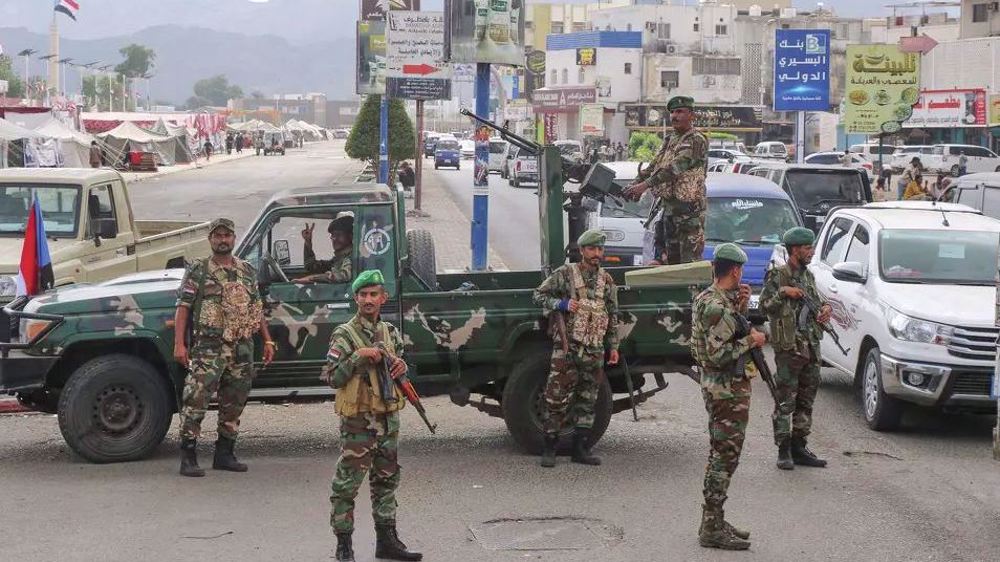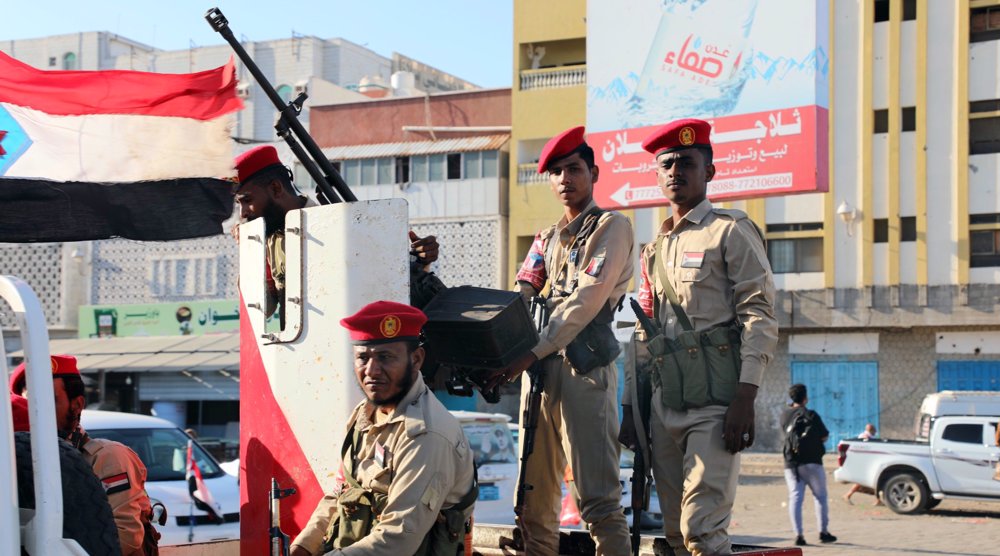Riyadh using execution to settle political scores: Amnesty
Human rights group Amnesty International says Saudi Arabia’s execution of prominent Shia cleric Sheikh Nimr al-Nimr shows Riyadh is using death penalty to “settle political scores.”
The London-based rights group made the remarks on Saturday, following the execution of Sheikh Nimr and 46 others, including Shia activists and Sunnis accused of being involved in al-Qaeda-linked attacks.
"What the Saudi Arabian authorities have said so far indicates they regard these executions as taken to preserve security. But the execution of Sheikh Nimr suggests they are using execution to settle political scores," Amnesty’s Middle East and North Africa director Philip Luther said.
He added that Saudi Arabia was actually carrying out executions to clamp down on dissents under the “guise of counter-terrorism” measures.

Luther said that the trials of those executed, including that of the Shia cleric, were politicized and “grossly unfair,” as the “international standards for fair trial were grossly flouted.”
Nimr’s execution has sparked outrage and condemnation across the world, drawing people to the streets in countries including in Iran, Iraq, Pakistan, and Lebanon. People have also taken to the streets in the Saudi Eastern Province’s Qatif region in protest against the cleric’s execution.
German and British officials have also condemned the execution of the Shia figure.
A critic of the Riyadh regime, Sheikh Nimr was arrested by Saudi police in Qatif in 2012. He was charged with instigating unrest and undermining the kingdom’s security, making anti-government speeches and defending political prisoners. He had rejected all the charges as baseless.
Saudi Arabia, which has been under pressure for its human rights violations over the past years, executed more than 150 people in 2015.
Sanctions slow Iran’s 5G expansion despite growth in network rollout
VIDEO | Chinese, South Korean presidents hold summit amid global outcry against US
Israel pushes to keep Gaza closed to foreign media
VIDEO | Militant escape and assassination attempt signal worsening security in eastern Yemen
Over 40 candidates register to compete for Iraq's presidency
HTS and Israeli officials meet in Paris for talks amid attacks on Syria
Trump’s ‘peace through strength’ means ‘law of jungle’: Iran FM
Iran restores gas production at refinery damaged in Israeli aggression















 This makes it easy to access the Press TV website
This makes it easy to access the Press TV website